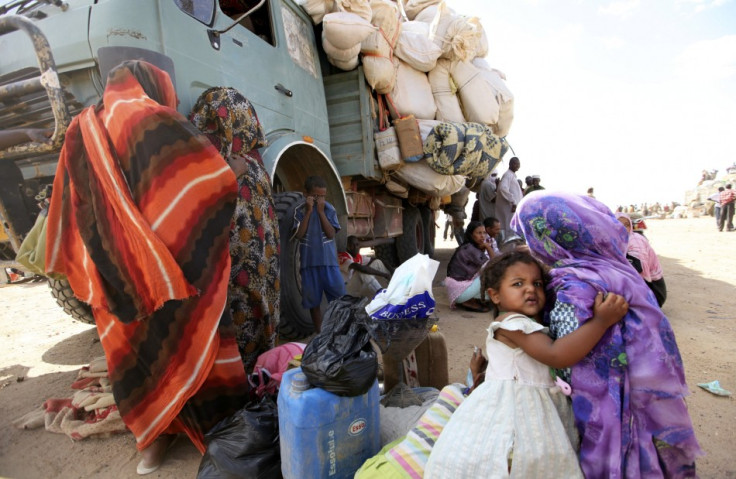How Many Immigrants Are There in Your Country? Not As Many as You Think

People's perceptions of migration are often so distorted that estimates of the numbers of migrants in some countries are as much as three times greater than the actual figure, a new report says.
In Tuesday's report, entitled "Communicating Effectively about Migration", The International Organisation for Migration (IOM) warns that misconceptions and misleading information about migrant numbers and trends encourages "harmful stereotypes, discrimination and xenophobia."
"While there is a growing recognition that migrants can build cross-border social capital, that increasing cultural diversity can provide impetus for the stimulation of entrepreneurship, or that culturally diverse workforces are among the most profitable, the overall perception of migrants in many societies tends to be negative," the report states.
"One of the most consistent finding is the over-estimation of the absolute numbers of migrants in a given country/region or the proportion f the population that migrants represent," it adds.
Data from the 2010 "Transatlantic trends" survey shows that the actual percentage of migrants in Italy is around 7 per cent, "yet polls showed that the population perceive this percentage to be around a staggering 25 per cent."
Similarly, in the United States, the perceived number of migrants as a percentage of the population was 39 per cent, compared to the actual figure of 14 per cent.
Such perceptions are further compounded by negative attitudes towards migrants on the matter of jobs, inequality and perceived level of migrant contribution.
William Lacy Swing, Director General of IOM, said that accurately informing the public about migration might be "the single most important policy tool in all societies faced with increasing diversity."
He added that migration was "highly desirable" if managed intelligently and humanely, calling it "both a reality and a necessity" of a globalised world.
The report also highlights the responsibility of the media in shaping perceptions of migration, stressing "the critical role the media play in both influencing and reflecting public opinion."
Despite a common perception in the news media that Europe "risked being swamped by a flood of migrants from Africa," it said that the percentage of Africans migrating abroad remained relatively modest in 2010, when 64 per cent of sub-Saharan African migration took place within the region itself.
In all, about 30 million Africans, or 3 per cent of the population, live abroad, according to the World Bank.
© Copyright IBTimes 2024. All rights reserved.





